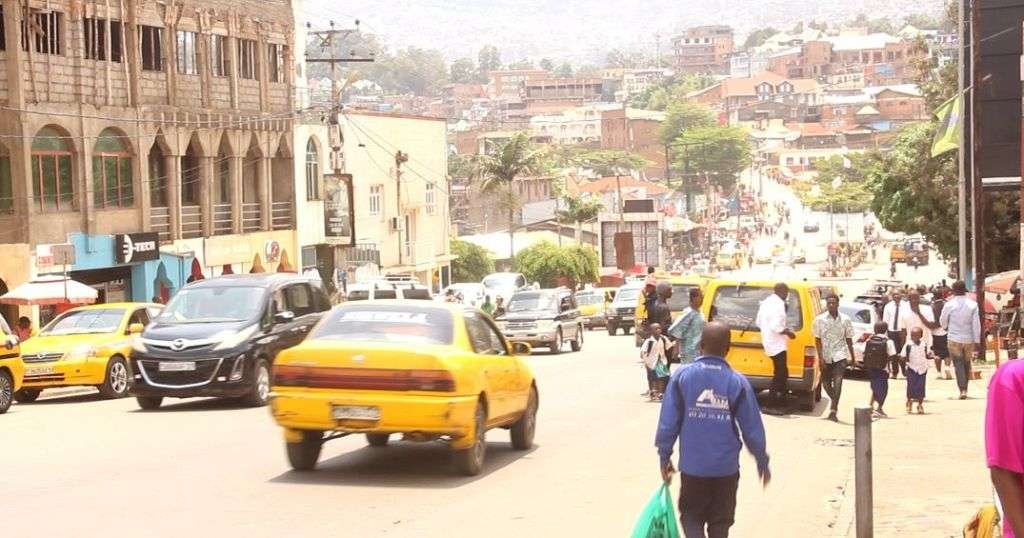Kinshasa, DRC – (African Boulevard News) – Fuel price hikes in the Democratic Republic of Congo (DRC) are having a significant impact on transportation, leaving many people struggling to afford the cost of travel. Despite consumer protests, petroleum companies in South Kivu are claiming that they are not responsible for the sudden surge in prices.
The increase in fuel prices has led to a sharp rise in public transportation fares, as operators pass on the burden to commuters. Many residents in the DRC heavily rely on public transportation as their primary means of getting around, making the price hike particularly challenging for them.
“The fuel price hike has had a devastating impact on our business and the people we serve,” said Jean Bosco, a minibus driver in Kinshasa. “We have no choice but to increase fares to cover the additional costs. Unfortunately, this means that many people can no longer afford to travel, affecting their daily lives and livelihoods.”
Local authorities have expressed concern over the situation, as the transportation sector plays a crucial role in connecting communities and facilitating economic activities. The government is under pressure to find a solution that eases the burden on consumers while ensuring fair compensation for petroleum companies.
Fuel prices in the DRC have been on the rise in recent months, driven by a surge in global oil prices and an increase in taxes. The country heavily depends on fuel imports, making it susceptible to international market fluctuations.
However, petroleum companies in South Kivu are denying responsibility for the price hikes, citing increased operational costs as the main reason behind the surge. They argue that a combination of factors, such as rising exchange rates, transportation costs, and taxes, has led to the current situation.
Consumer rights groups and activists have called for a thorough investigation into the fuel price hikes to determine whether petroleum companies are manipulating prices or if other factors are at play. They argue that transparency and accountability are crucial in addressing the concerns of consumers and ensuring a fair and equitable solution.
As the government continues to grapple with finding a solution, ordinary citizens are feeling the impact of the fuel price hikes on their daily lives. The transportation sector, in particular, has been hit hard, resulting in decreased mobility and increased financial strain. It remains to be seen how the authorities will navigate this complex issue and provide relief to those affected by the rising fuel costs.
In the meantime, commuters in the DRC are left to bear the burden of the price hikes, with many struggling to make ends meet. The situation highlights the urgent need for a comprehensive and sustainable solution that addresses the concerns of all stakeholders involved.

